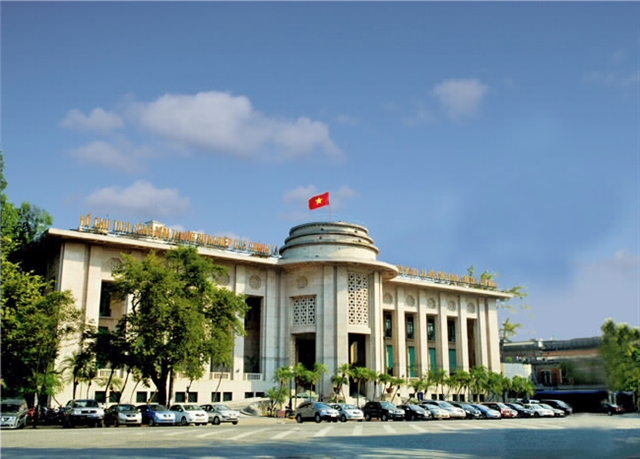 Society
Society


|
| Students of Văn Hiến University’s tourism faculty get onsite practice. — Photo courtesy of Văn Hiến University |
HCM CITY — Việt Nam needs a holistic approach to developing human resources for continued success in tourism, experts have said.
Development of human resources involved designing tourism-related education and training programmes, offering innovative tourism certification courses and updating the information technology software system, Joseph T.C. Lee, founder of Malaysia-based Applied Research Institute for SMEs & Entrepreneurs, said.
Training and development of tourism manpower should be guided by qualified and experienced trainers or tourism industry veterans who have been exposed to all aspects of tourism business, he told a workshop on the subject in HCM City yesterday.
Local universities and colleges as well as internationally recognised foreign higher education institutions should offer industry-driven qualifications such as diploma in tourism, bachelor of tourism management and other relevant tourism-related courses approved by the tourism authorities in Việt Nam, he said.
The societal status of tourism personnel should be acknowledged and recognised by them, he added.
Swathi Ravichandran, director of Bowling Green State University’s resort and attraction management programme, said with the labour force becoming increasingly diverse and made up of multiple generations, it is important that training and development activities match the learning preferences of each of these generations.
Training is essential to achieve benefits like lowering the number of errors and customer complaints, increasing sales revenue and profits via enhanced customer satisfaction, and increasing employee job satisfaction and commitment, she said.
Deputy Minister of Culture, Sports and Tourism Tạ Quang Đông said, “The tourism industry has enjoyed steady growth … in recent years.”
Last year the country welcomed 15.5 million foreign tourist arrivals and tourism revenues were estimated at VNĐ620 trillion (US$26.72 billion), he said.
Tourism accounted for 7.5 per cent of the country’s GDP, he said.
Given the significant impact of the travel and tourism industry on the country’s socio-economic development, the Government had prioritised tourism as a major driver of growth by releasing the “Strategy for Việt Nam’s tourism development until 2020, with a vision to 2030.”
It focused on training professionals, market development, branding strategies, infrastructure development, and developing tourism products and services with local cultural characteristics.
“Developing high-quality tourism human resources has been identified as one of the core tasks,” Đông said
With the tourism sector’s annual growth rate of 7 per cent in 2016-20, the demand for direct human resources is expected to reach 870,000 by 2020, according to the Institute for Tourism Development Research.
More than 190 educational establishments offer tourism human resource training, including 65 universities, 55 colleges, and 71 vocational training schools. — VNS








, MOSTI, YB Tuan Chang Lih Kang Minister of Science, Technology and Innovation (MOSTI), Tuan Fabian Bigar, Secretary General of the Ministry of Digital, and Norman Matthieu Vanhaecke, Group CEO of C)